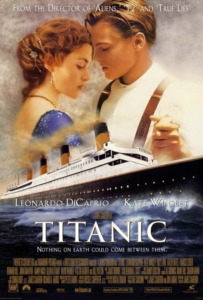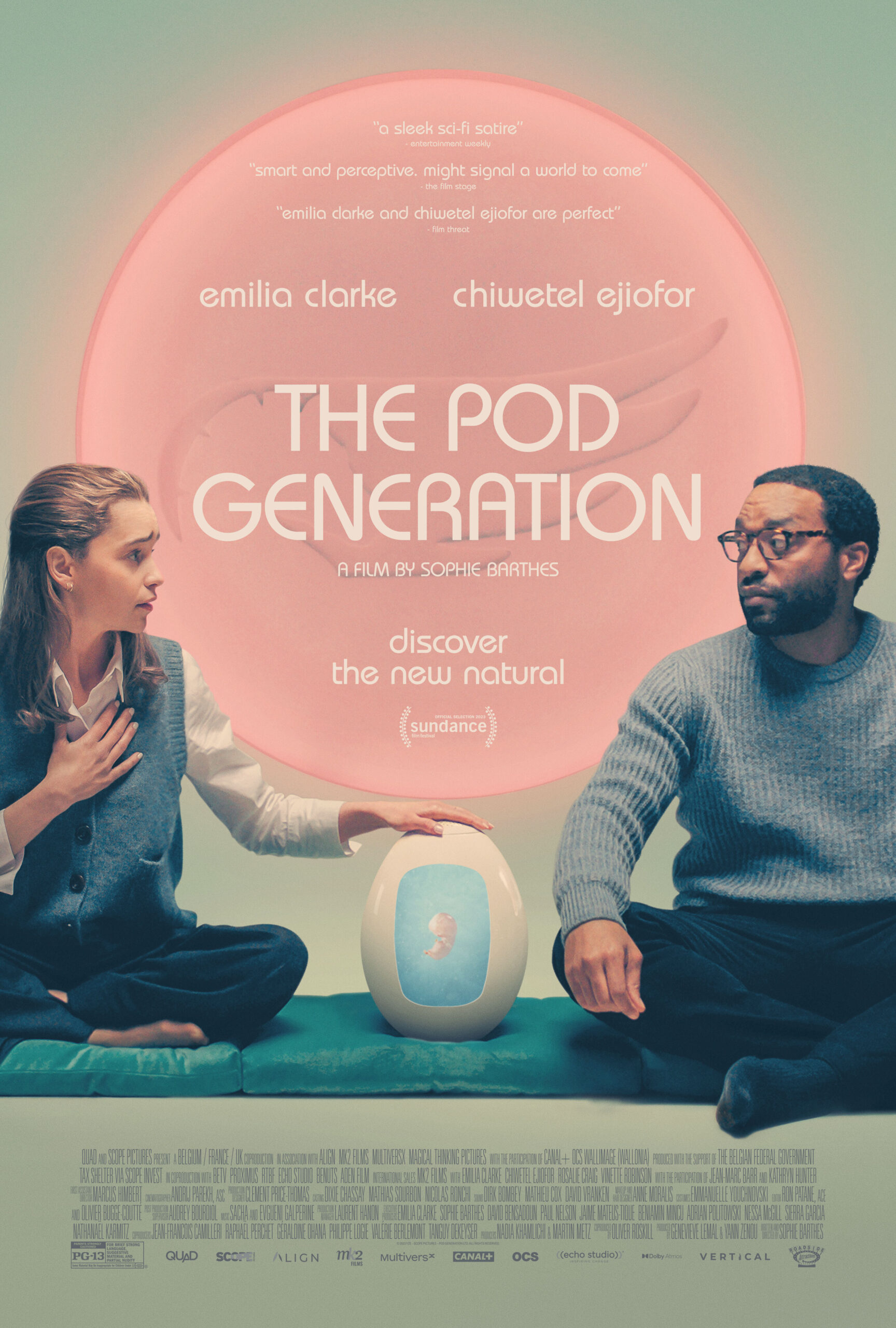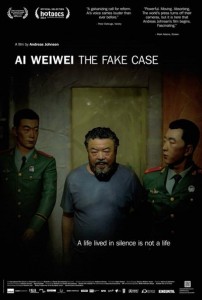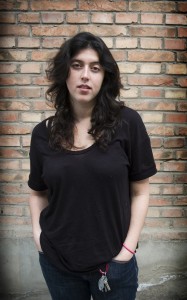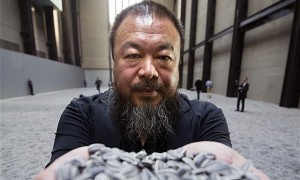Starring: Emilia Clarke, Chiwetel Ejiofor and Rosalie Craig
Directed by: Sophie Barthes
Rated: PG-13
Running Time: 109 minutes
Vertical
Our Score: 1.5 out of 5 Stars
The word AI is beginning to permeate the landscape as humanity navigates an exciting, yet dangerous future. “The Pod Generation” has arrived at the near perfect time to comment on the machine learning phenomenon we’re all experiencing. The film is about NYC couple Rachel (Emilia Clarke) and Alvy (Chiwetel Ejiofor). Rachel works for an AI company that makes little eyeball products that are like some kind of 22nd century nightmare version of Alexa or Siri. Alvy on the other hand, is a botanist that teaches at a nearby college.
They’re polar opposites in their careers, whereas Rachel sees a bright digitized future, Alvy seems to yearn for a return to nature. This style clashes when the Womb Center, exactly what you think it is, says that they have a limited number of spaces for couples to have their baby in their pod-shaped incubator. Rachel is eager to sign-up, while Alvy is a bit hesitant. They both want children, but disagree on the path forward. Rachel eventually wins out, mainly signing up behind Alvy’s back, but Alvy warms to the idea when he watches the artificial insemination process. This is all fascinating and interesting, but that fades as the movie progresses.
The biggest issue in “The Pod Generation” is that it’s too long and only has surface level commentary that approaches the story like a shotgun blast of ideas instead of a sniper rifle of wit. While the film could have simply honed in on technology versus humans’ animalistic need to procreate, the film seems to throw every idea at us without rhyme or reason. For instance, we see women protesting the Womb Center, but never hear their counterpoint or why. We see these eyeball products everywhere, but never get a full idea of how intrusive they are. We see an entirely robot run school, but never get an idea if it’s beneficial to the children in it. We hear about how there’s a serotonin bliss meter being monitored by the government, but that’s about it. All these neat sci-fi ideas are just vomited on us without any kind of idea or point behind them.
Unfortunately, this continues for over 100 minutes, which begins to make your mind wander during the film. Which meant I began to poke holes in the various sci-fi tropes it’s utilizing. For instance, at one point, Rachel and Alvy begin seeing a marriage counselor that’s just another big AI eyeball that talks to them. You’re telling me that in this future, the human brain has been unlocked to the point that AI can articulately offer psychological advice, yet there’s still a need for human botanists to teach college kids? At one point the couple are watching “March of the Penguins” on a 32-inch TV and I had to wonder, because this is in the 22nd century supposedly, why is a couple watching a 100-plus year-old movie on what’s most likely a very tiny TV at this point in technological evolution? Also, we never made TV’s better than standard definition? I wouldn’t be having these nitpicky thoughts if I wasn’t so bored by its lack of in-depth philosophical ideas and unnecessary runtime. Then there are just scenes of Rachel dreaming like it’s an episode of “Black Mirror,” which just made me want to open Netflix.
I would hate this movie more if it wasn’t for the performances by Clarke and Ejiofor. They really ham it up in some scenes, even if I never believe that these two people are in an actual relationship, much less banging. I can’t help but wonder if this kind of plot and idea would have been better served in a “Black Mirror” episode with a twinge of despair or horror. I say that because the movie just kind of ends without any kind of climax of note. We’re just kind of left wondering, “That’s it?” In a contemporary world begging for AI satire, “The Pod Generation” may have actually benefited from an AI editor.
